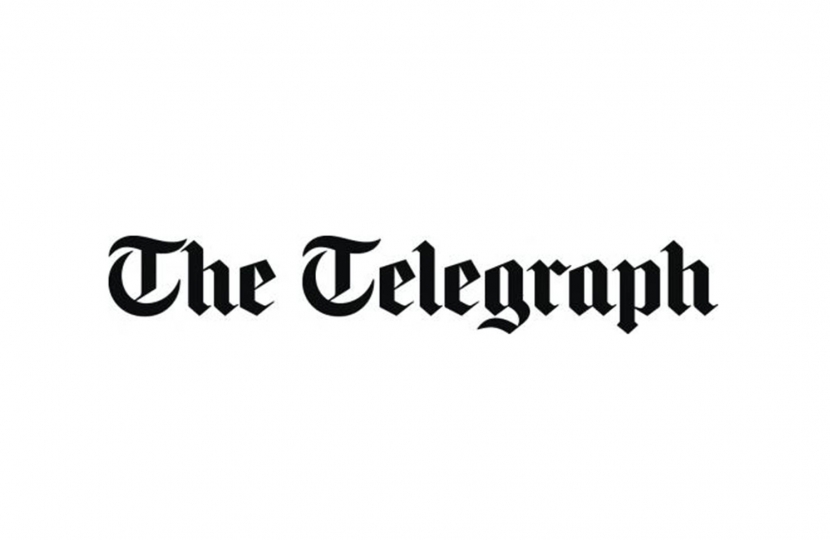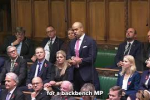
If we can change the criteria with a single pen-stroke for Afghan refugees, why not for those who've served this country for years?
The announcement of Operation Warm Welcome in response to the resettlement of 8,500 Afghans evacuated under the Afghan Relocations and Assistance Policy (ARAP) scheme, will see individuals and their families who worked for the British mission rightly granted Indefinite Leave to Remain (ILR) in the UK; part of a wider package designed to ensure that those resettling are given the essential support they need. The sad irony of such a generous and comprehensive offer to those experiencing the vicissitudes of Afghanistan is highlighted by the plight of our own Foreign and Commonwealth veterans. For them, many of whom will have served in Afghanistan, military service confers no such privilege.
Currently, and in stark contrast to the scope of the ARAP scheme, Commonwealth veterans who wish to live in the UK after completing their service are required to apply for ILR for both themselves and their family members during a small 48-day window immediately upon discharge. There are no discounts for military service or preferential rates based on having placed themselves in harm’s way. An application to do so comes with a cost of £2,389 per person. In the United States non-US citizens become eligible for naturalisation upon receiving an honourable discharge from the US military. For anyone who has served since September 11th 2001, full US citizenship carries no financial cost.
It is hard to reconcile why there is such reticence to simply waive the fees and grant these veterans ILR, instead forcing a small cohort of veterans roughly the same size as those eligible for the ARAP scheme to pay thousands of pounds to live in the country they have already proven their commitment to. The fees asking to be waived are not for full citizenship, merely the cost-free right to reside in the country they have spent years serving, to have the opportunity to earn a living, or access healthcare without charge.
Operation Warm Welcome provides a significant upgrade to the current ARAP scheme following the full collapse of Afghanistan, replacing the UK visa entitling 5 years leave to enter the UK with Indefinite Leave to Remain. We may shortly face a situation where veterans of the Afghan National Army arriving under ARAP have greater residency rights than some veterans of the British Army. If we can expedite a scheme for Afghan refugees and change the criteria with a single pen-stroke, why can we not do so for those who have served this country bravely and dutifully for many years?
June’s inchoate public consultation on immigration fees for Foreign and Commonwealth veterans was a step in the right direction but fell short of the package our veterans should be entitled to. The proposal that personnel should have completed 12 years’ service as a pre-requisite for the waiving of fees is a significantly limiting factor, with the average length of service for a soldier in the Regiments and Corps where the majority of these troops serve falling below that. The proposals are further hampered by a policy of non-retrospectivity, meaning that those who have already been discharged would find themselves ineligible.
I know from personal experience that embarking upon a new career outside of the familiar structures of the armed forces is challenging enough without the additional hurdle of a potentially crippling financial burden to regularise your family’s immigration status in order to achieve the same start-state as British service-leavers. Waiving the £2,389 fee for all, reimbursing those who have already paid the financial penalty and granting the entitlement to apply for ILR retrospectively to those who were previously eligible, would all be progressive steps in addressing the disadvantage we place upon our foreign-born service personnel. At the very least, we owe those who have served the same basic privileges that they have risked their lives to defend.
If we are serious about the aspiration to make this the best country in the world to be a veteran, we should start by ensuring that all our veterans are treated equally. We should certainly ensure that we treat our veterans as well as we treat those to whom we give refuge. It is high time we extended the “warm welcome” to our Foreign and Commonwealth veterans.




